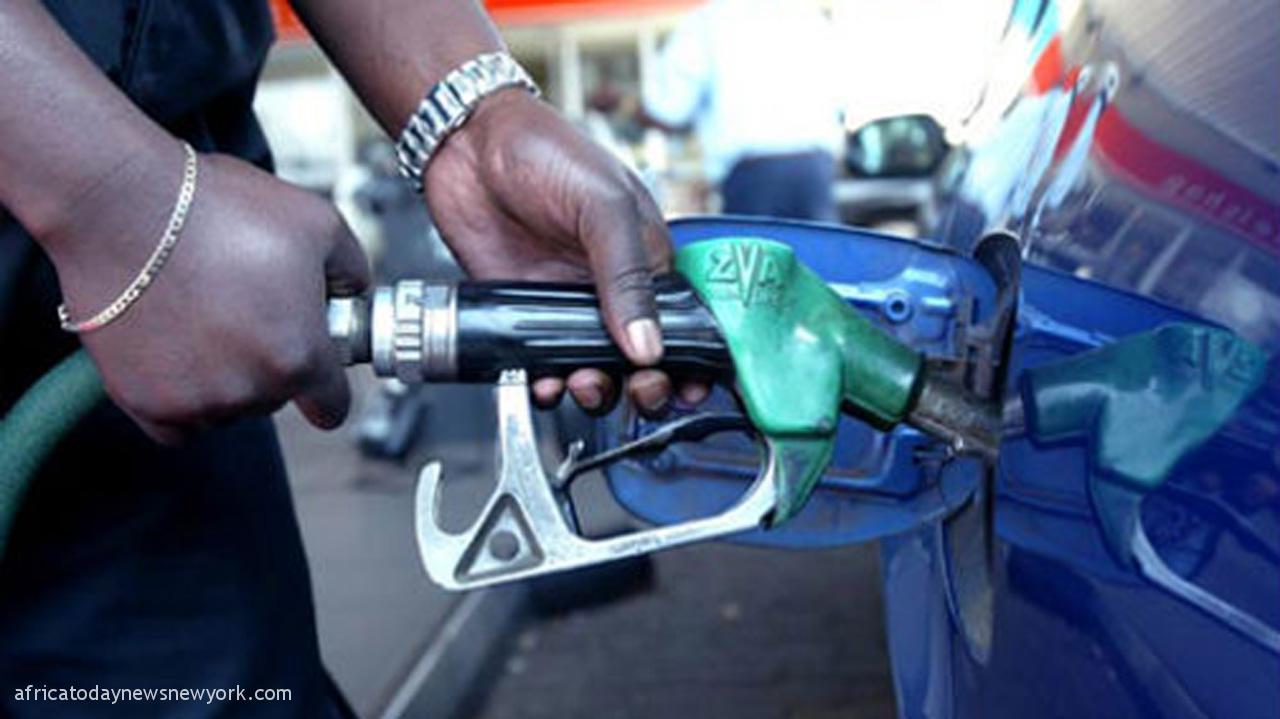Ahead of the 2023 budget presentation, the Federal Government has reiterated that petrol subsidy will remain in place until sometime in June 2023.
According to the Minister of Finance, Zainab Ahmed, the government is proposing to spend only ₦3.36 trillion for petrol subsidy in 2023.
She made this known while meeting with the House of Representatives Committee on Finance in Abuja on the details of the 2023-2025 Medium-Term Expenditure Framework and Fiscal Strategy Paper.
The minister added that the Federal Government is proposing an aggregate expenditure of ₦19.76 trillion for the 2023 financial year, with a projected deficit of N11.30 trillion.
Read Also: How FG Spends ₦18.397bn Daily On Petrol Subsidy – Minister
According to Mrs Zainab, the Federal Government is projecting the total revenue of ₦8.46 trillion, out of which ₦1.9 trillion is expected to come from oil-related sources while the remaining is to come from non-oil sources.
Meanwhile, the Federal Government is expected to peg crude oil price at $70 per barrel at an exchange rate of N435.57 per dollar, while real Gross Domestic Product (GDP) is projected at 3.7 percent and inflation at 17 to 16 percent.
Meanwhile, the Federal Government is proposing a budget with estimates totalling N19.76tn, while the deficit will hover between N11.30tn and N12.41tn in the 2023 fiscal year.
Ahmed, who analysed the available options, said the government could opt for payment of petrol subsidy from January to December, adding that, “Given the severely constrained fiscal space, budget deficit is projected to be N12.41tn in 2023, up from N7.35tn budgeted in 2022, representing 196 per cent of total FGN revenue or 5.50 per cent of the estimated GDP.”
Speaking on the key assumptions of the proposed 2023 budget, Ahmed said oil benchmark is estimated at $70 per barrel, with an oil production benchmark of 1.69 million litres per day and an exchange rate of N435.02 to a dollar, while inflation is expected to grow at 17.16 per cent. The minister added that the GDP is expected to grow at 3.75 per cent, while an upward pressure on prices is expected to be driven by the current and lag effect of the global price surge due to the Russia-Ukraine war, domestic insecurity, rising costs of imports, exchange rate depreciation as well as other supply side constraints.

